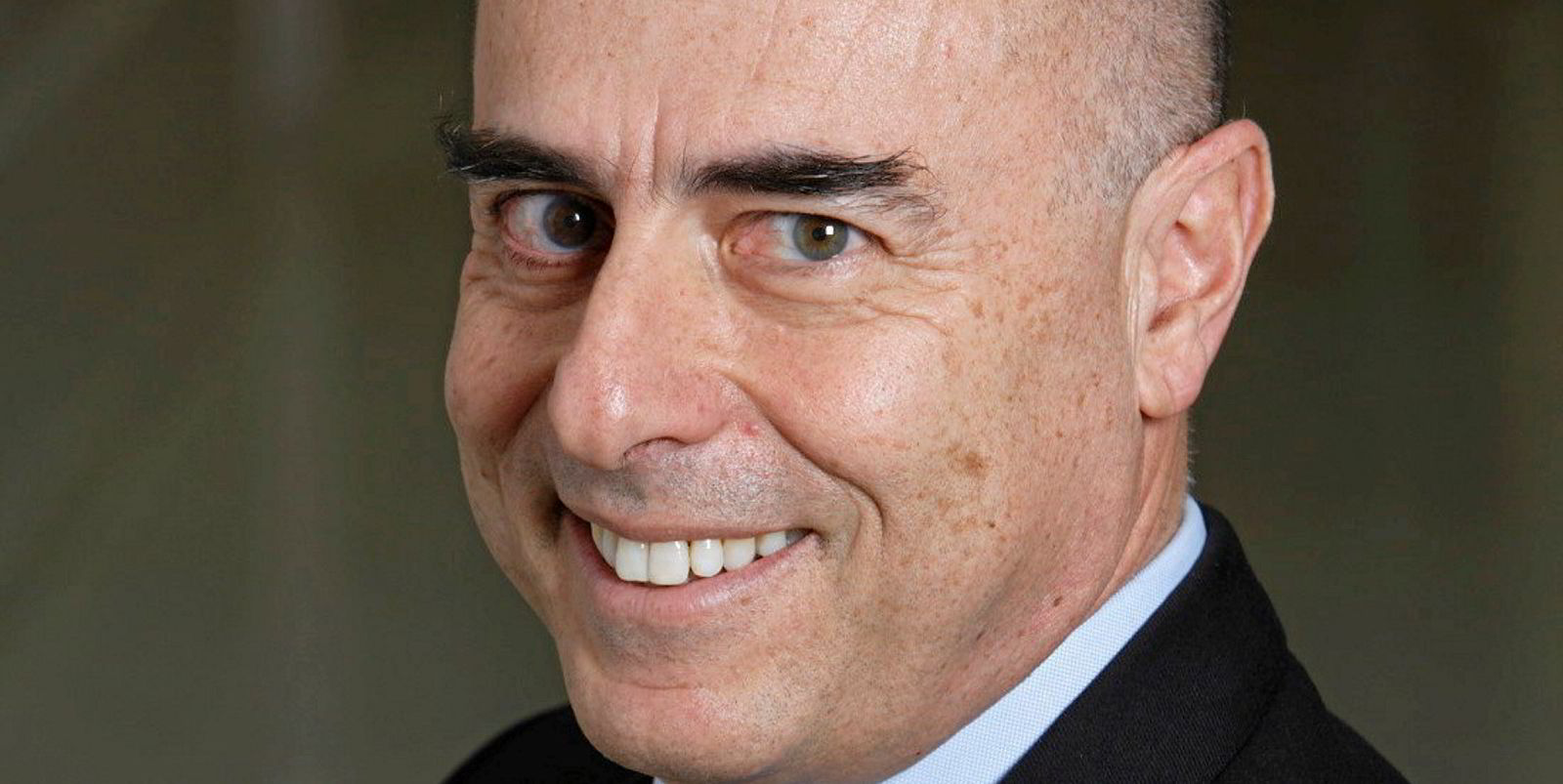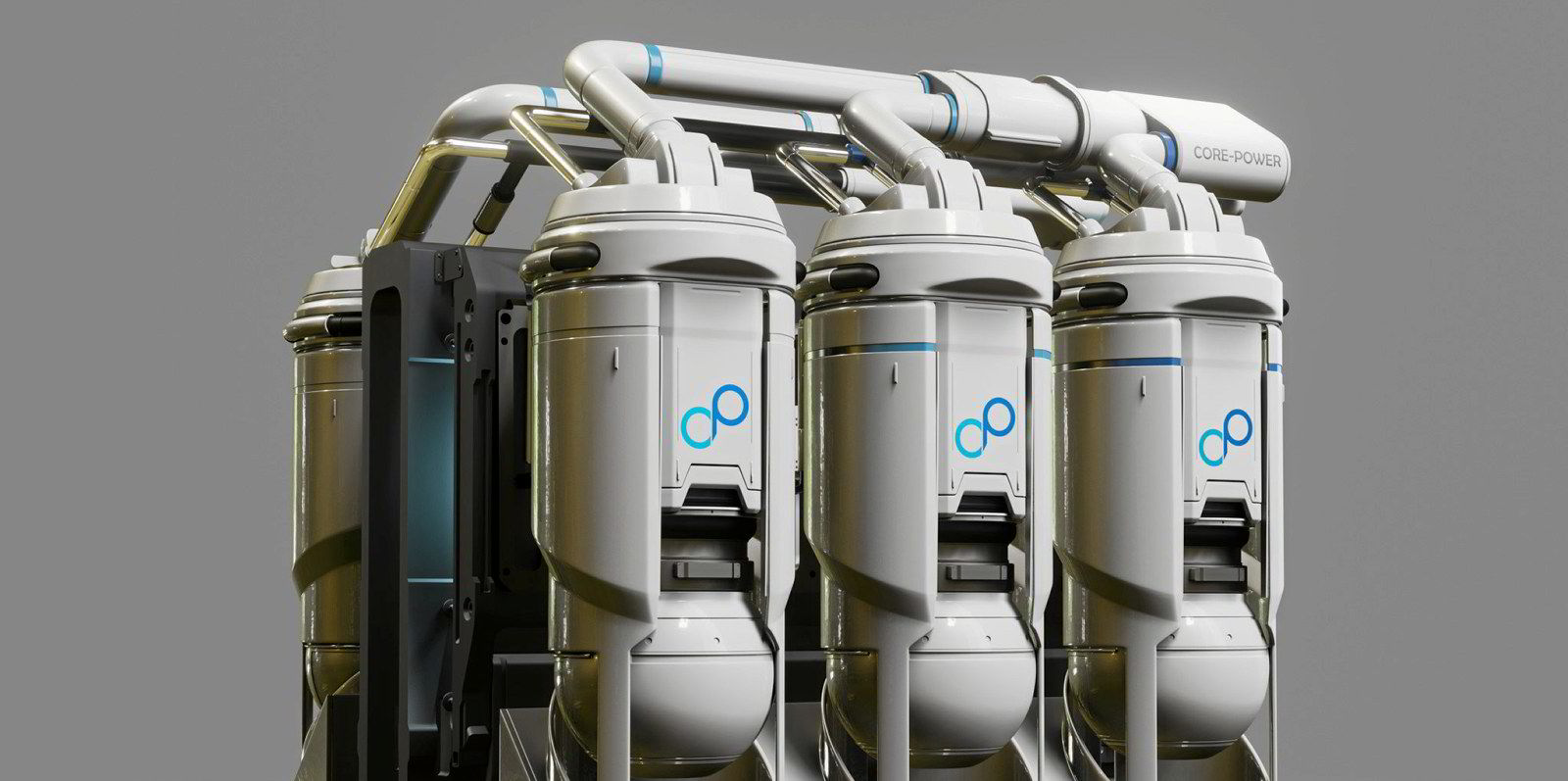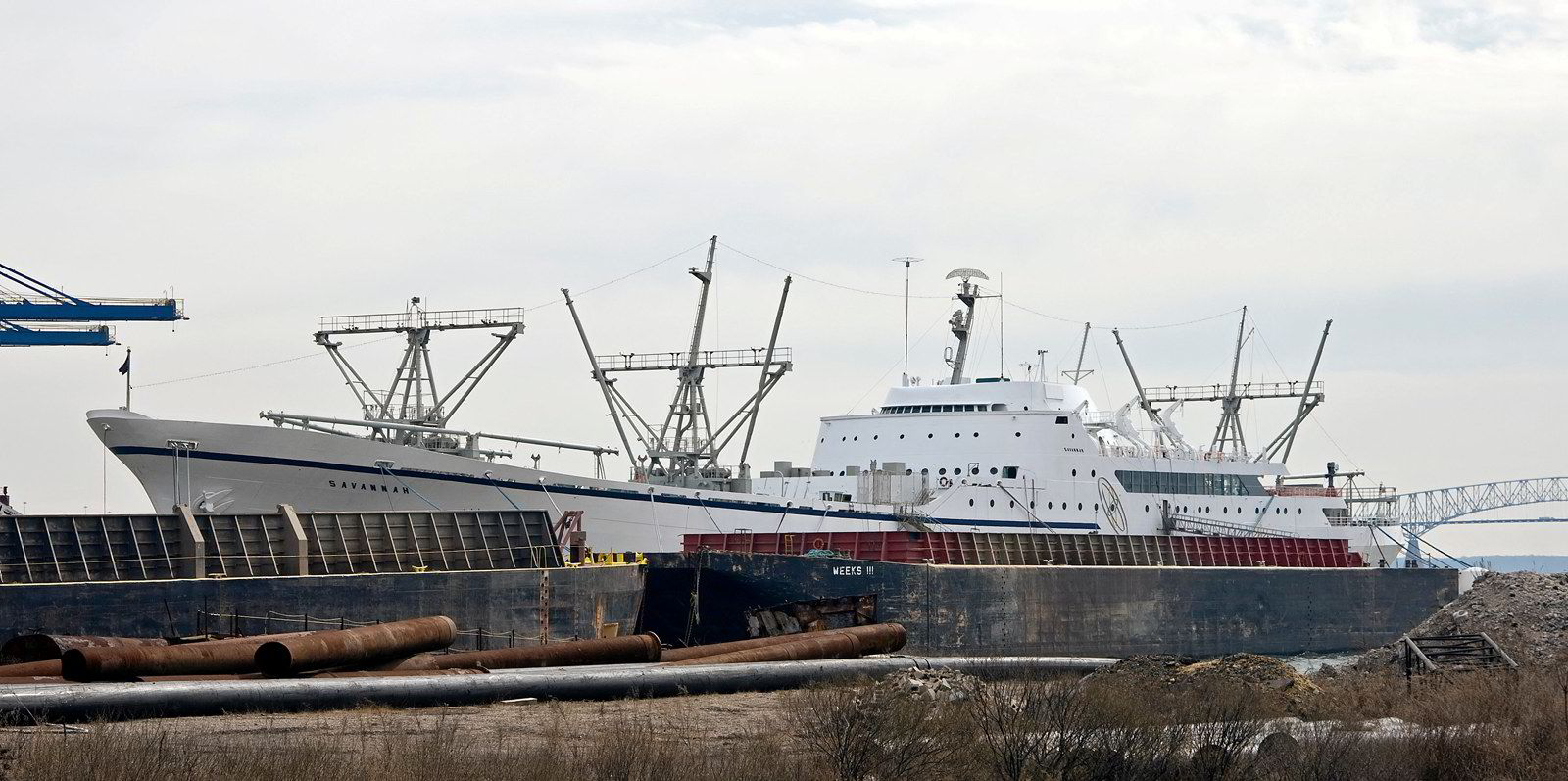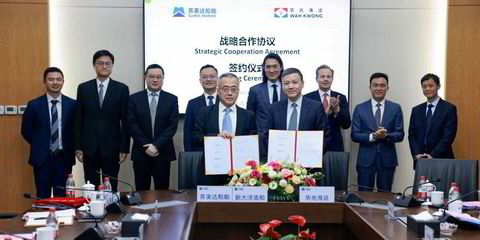Rina chief executive Ugo Salerno is calling for research to see if nuclear fuels have a role to play in the shipping industry's decarbonisation battle.
The charismatic head of the Italian classification society believes improving fuel efficiency and vessel design is the best way to achieve emissions reductions.
But in the longer term, he added that the industry will have to rely on alternative fuels, including nuclear.
"Efficiency is the name of the game, then we have to do many other things," he told the Euromed conference on 8 October in Valencia, Spain, that was organised by Italy's Grimaldi Group.
"If the vessels designed by Grimaldi are able to save 50% of emissions because they carry more cargo and emit less, this is a demonstration that this can work," he said.
But longer term, he said this meant looking at other solutions and many alternative fuels were problematic.
He said hydrogen, used to produce ammonia, was not green because it resulted in 10 tonnes of CO2 for every tonne of hydrogen produced.
"If we send ammonia on board ships, we are doing nothing, we are maybe just making problems or making more polluting the transportation," he said.
He added that other energy renewables such as solar have too low energy intensity and are unimaginable to power vessels.
No time for ideology
Salerno said the solution could mean ditching "ideological" preconceptions about the nuclear industry.
"Nuclear power generation must be studied," he said.
"I don’t say apply it today, but [it] must be studied because it will be a protagonist of the decarbonisation."
He said the fourth generation of nuclear power was better in many ways.
Improved technology had resulted in the development of 1 MW to 100 MW reactors that can be used on ships for the life of the vessels, then removed.
“I’m not talking about something that can be delivered to a vessel today,” Salerno said. “We are talking about development of a technology that will be a reality in 10 years’ time.
"But let's not forget that a large number of icebreakers in Arctic seas are working for 20 years or more with nuclear power generated without any accident and with an old technology without any accident."
Other panellists at the conference argued that education and training play a part in the decarbonisation debate.
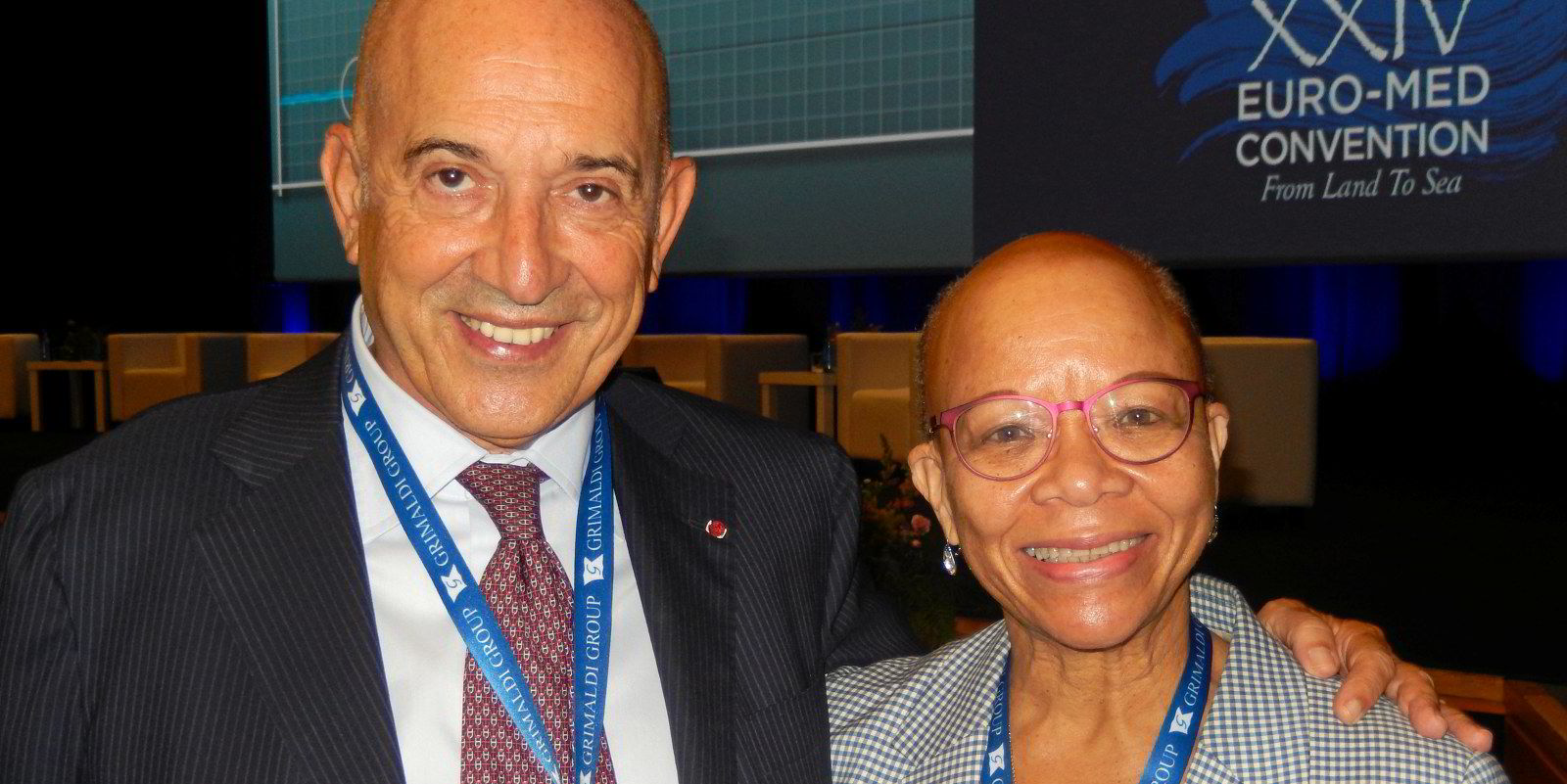
Cleopatra Doumbia-Henry, president of the World Maritime University, said: "We have to train a whole new generation of people to be able to implement and take forward the challenges that we currently face in maritime.
"Without education, we will not make it," she said.
